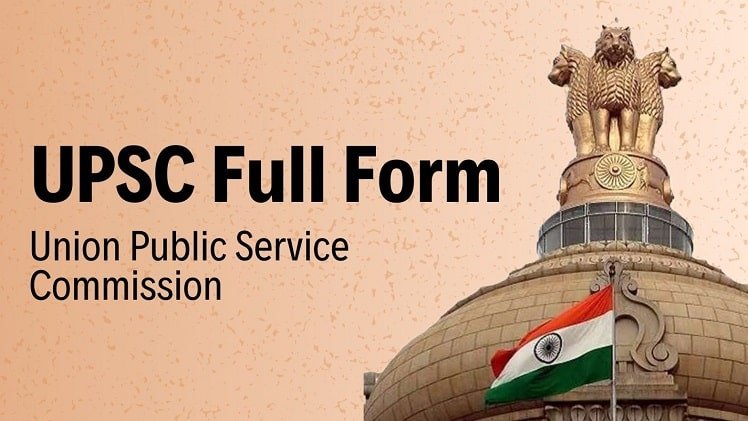UPSC Full Form and Its Significance in India

UPSC Full Form is Union Public Service Commission, is a key pillar of the Indian government, playing a crucial role in recruiting top officials who manage the country’s administrative framework. This article delves into the full form of UPSC, its functions, examination process, and its importance in shaping India’s administrative structure.
What is UPSC?
The UPSC stands for the Union Public Service Commission. It is India’s central recruiting agency, responsible for appointments to and examinations for All India services and group A & B of Central services. Established under Article 315 of the Constitution of India, the UPSC ensures the integrity and efficiency of the public service.
Functions of UPSC
The UPSC performs a variety of functions that are pivotal to the administration of India:
- Recruitment: Performs assessments in order to appoint candidates to the Union’s services.
- Advice: Provides advice to the government on matters related to personnel management.
- Disciplinary Matters: Handles disciplinary cases related to civil servants.
- Promotions and Transfers: Recommends promotions and transfers for various government positions.
UPSC Examinations
One of the primary roles of the UPSC is to conduct competitive examinations for recruitment to various civil services of the Government of India. The most notable among these is the Civil Services Examination (CSE).
Civil Services Examination (CSE)
The CSE is one of the most prestigious and challenging examinations in India. It is conducted in three stages:
- Two objective-style papers make up the preliminary examination (prelims), a screening test.
- Main Examination (Mains): A comprehensive written test comprising nine papers of essay type.
- Personality Test (Interview): The final stage where candidates are assessed on their personality, leadership qualities, and suitability for a career in public service.
Importance of UPSC
The UPSC plays a vital role in maintaining the integrity and efficiency of the Indian administrative system. Here’s why it’s so important:
- Merit-Based Selection: Ensures that only the most qualified and competent individuals are selected for administrative roles.
- Transparency: Adopts a transparent and fair process in recruiting civil servants.
- Governance: Contributes significantly to the governance and administration of the country by selecting capable individuals who formulate and implement policies.
Conclusion
An integral part of India’s administrative machinery is the Union Public Service Commission (UPSC), which selects competent and moral candidates. Through its rigorous examination and selection process, the UPSC upholds the values of merit and transparency, thus contributing to the effective governance of India.





